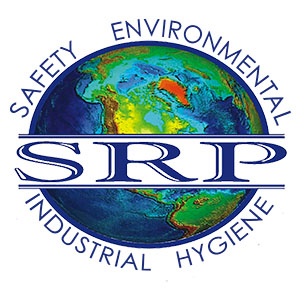Accidents are inevitable, but even the smallest accident can cost companies thousands of dollars. That’s what happened to a manufacturer in Massachusetts. An employee was routinely filling containers with Styrene, a chemical compound to make resins, when the container over filled and an undetermined amount of liquid spilled onto the floor. Unfortunately, the spill leaked into a public sewer system due to a compromised concrete berm around the floor drain. As a result, the Styrene made it’s way through the treatment process and an unauthorized discharge occurred into the Nashua River.
The company paid a penalty of approximately $38,000 after violating the Clean Water Act regulations. Violations to the manufacturer included:
- Lack of Spill Prevention Controls & Countermeasures (SPCC) plan. This specific company sits on a drain basin of a wetlands tributary which means that they are subject to Oil Pollution Prevention regulations. A facility is required to have a SPCC plan if it has an aggregate aboveground oil storage capacity greater than 1,320 U.S. gallons or a completely buried storage capacity greater than 42,000 U.S. gallons. Additionally, if there is the opportunity for a discharge into navigable waters or adjoining shoreline, a company is required to have a SPCC plan.
- Failure to obtain National Pollutant Discharge Elimination System (NPDES) permit. If your facility discharges pollutants from a point source like a pipe, ditch, or channel, you will need a permit. Be sure to check specific state requirements. The EPA oversees the states NPDES program as it complies with the Clean Water Act.
- Discharge of stormwater without proper authorization. In order to receive proper authorization to discharge wastewater or stormwater, a company must give a Notice of Intent to the regulating authority about the planned discharge. Signing and submitting a Notice of Intent certifies that the operator and company meet all the eligibility conditions outlined in the general permit and that they intend to follow the terms and conditions.
Many companies may not be aware of certain environmental regulations. If you are in doubt, ask a knowledgable environmental consultant that specializes in stormwater and wastewater.

 ">
">
 ">
">